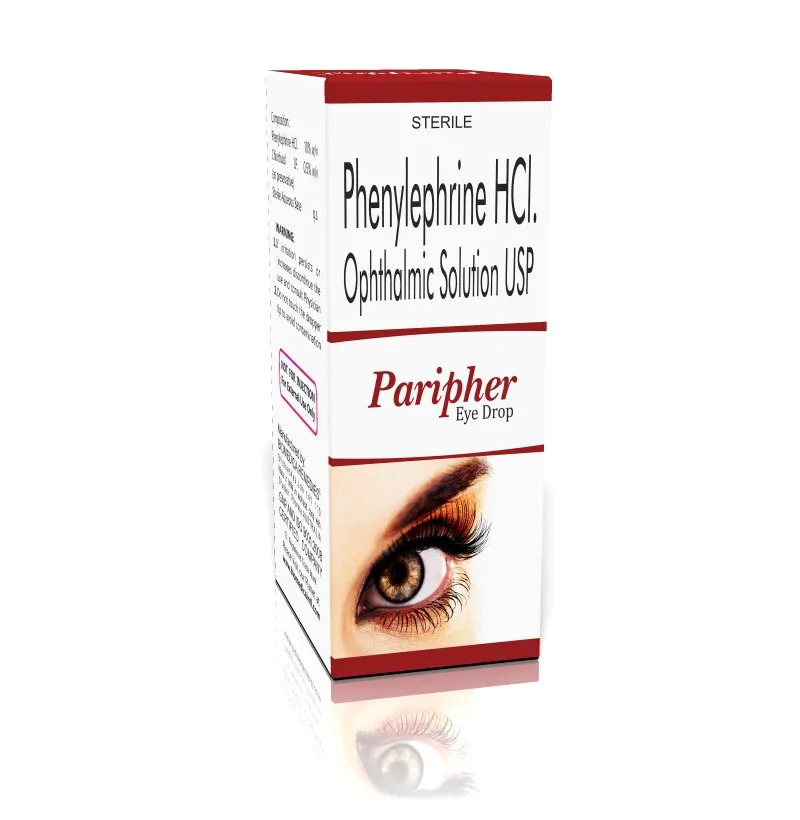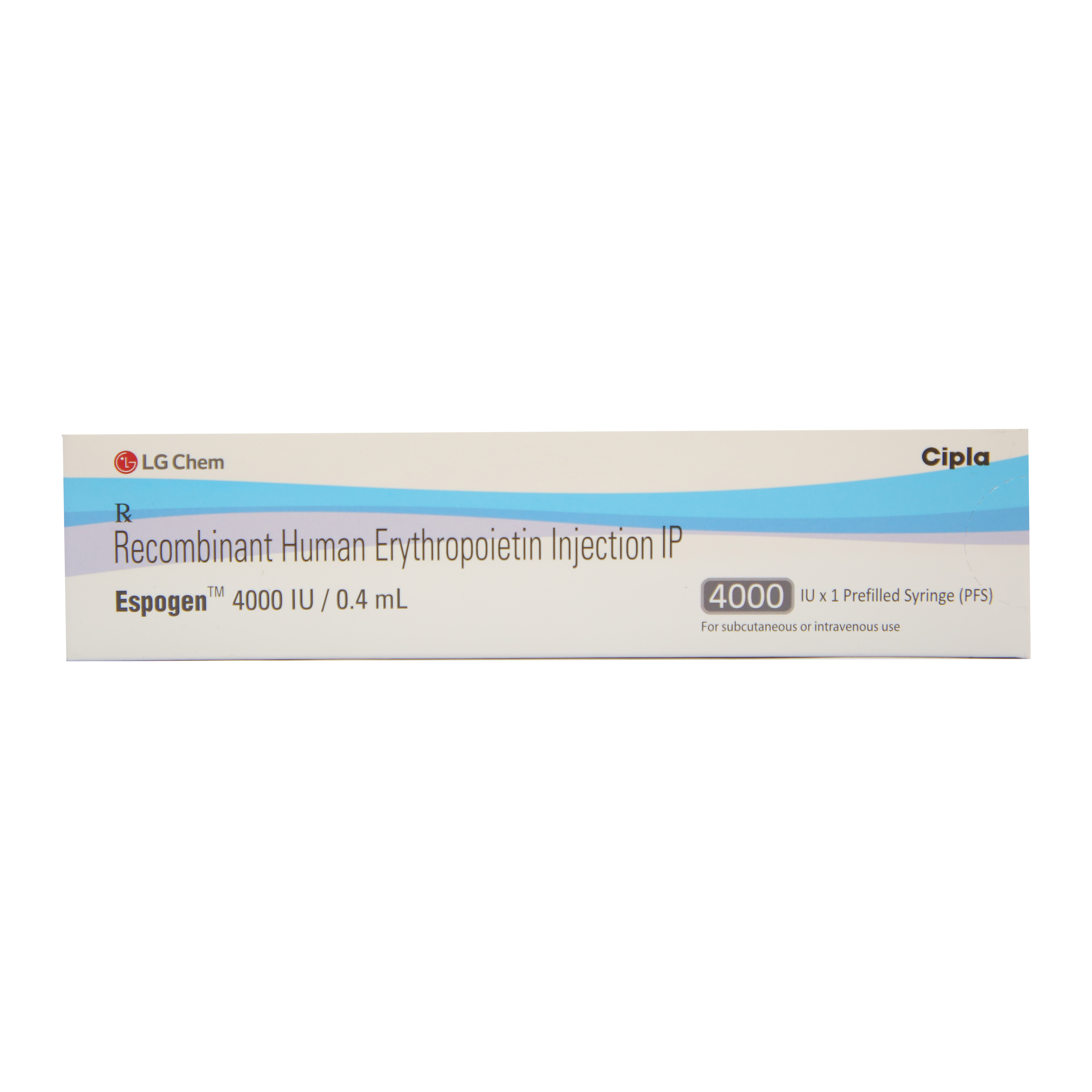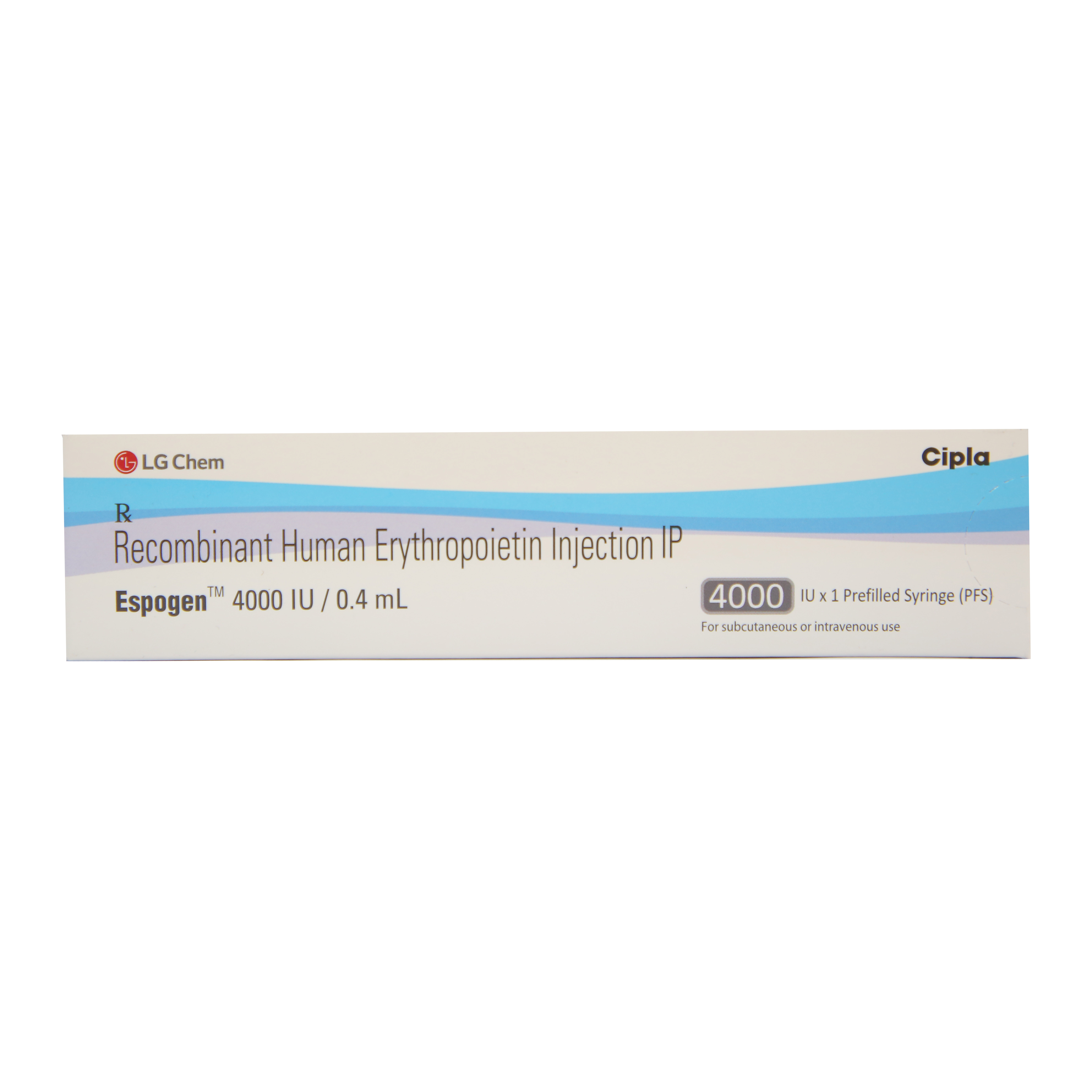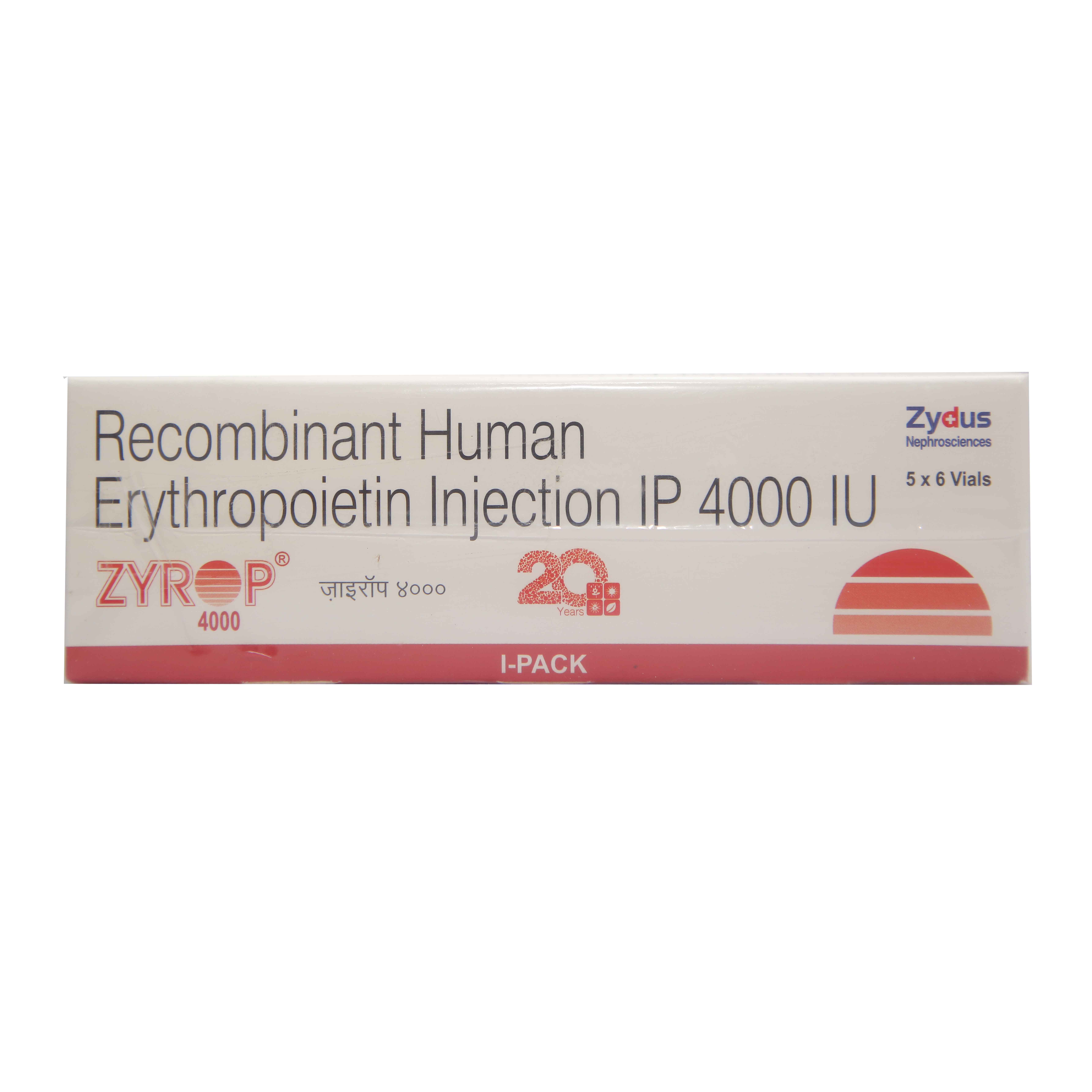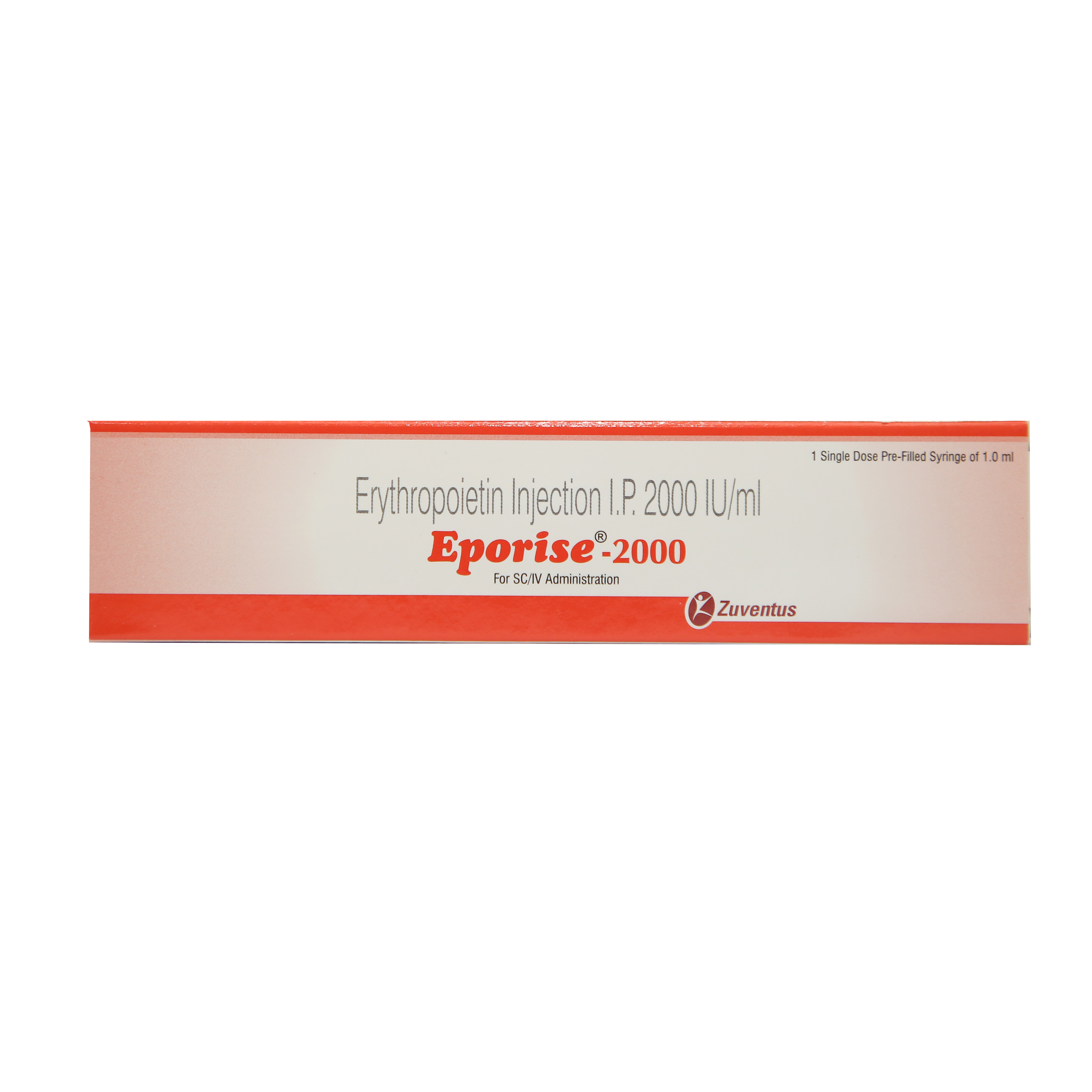Paripher Eye Drop contains Phenylephrine Hydrochloride 10% and is primarily used in ophthalmology for its mydriatic (pupil-dilating) effects. This formulation is typically employed in clinical settings and is available by prescription.** ________________________________________ 🔍 Uses 1. Pupil Dilation (Mydriasis): Paripher is utilized to dilate the pupil during eye examinations and surgical procedures, allowing for a clearer view of the retina and other internal structures. 2. Treatment of Eye Redness and Irritation: As a decongestant, it constricts blood vessels in the eye, reducing redness and irritation caused by allergies or other factors. 3. Management of Uveitis: Phenylephrine's vasoconstrictive properties aid in managing inflammation associated with uveitis by decreasing blood flow to the affected area. 4. Adjunct in Nasal Decongestion: Though primarily an eye drop, Paripher's active ingredient is also utilized in nasal decongestants to relieve symptoms of the common cold. ________________________________________ ⚠️ Usage Instructions • Application: Instill the prescribed number of drops into the lower conjunctival sac of the eye. • Contact Lenses: Remove soft contact lenses before application and wait at least 10–15 minutes before reinsertion. • Avoid Contamination: Do not touch the dropper tip to any surface, including the eye, to prevent contamination. • Multiple Medications: If using other eye medications, wait at least 10 minutes before applying them to avoid dilution. ________________________________________ ⚠️ Safety and Side Effects • Common Side Effects: Temporary eye discomfort, such as stinging or burning sensations. • Serious Side Effects: Although rare, systemic absorption may lead to increased blood pressure, headache, or dizziness. • Pregnancy and Breastfeeding: Consult a healthcare provider before use during pregnancy or breastfeeding.
Send Message